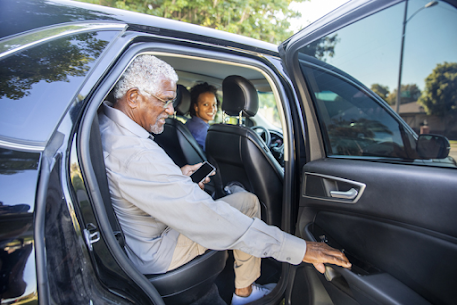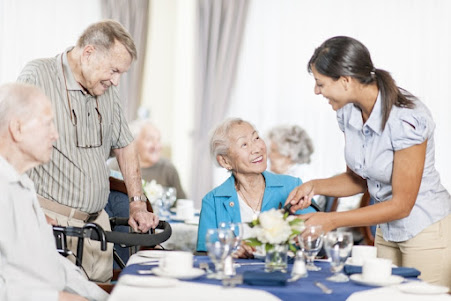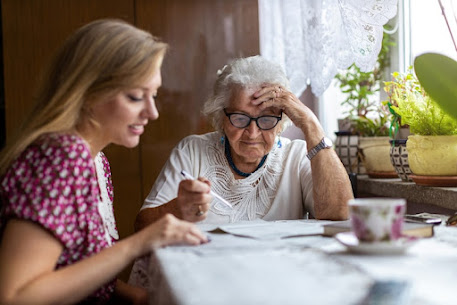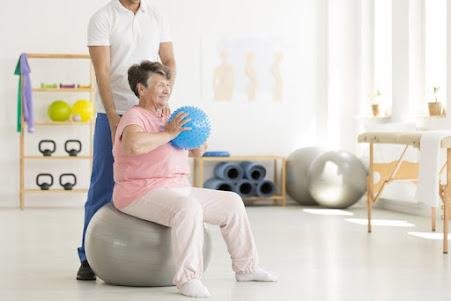Losing independence is undoubtedly one of the hardest parts about getting older. We’re all used to a certain level of freedom in our daily lives and if we can drive ourselves wherever we want to go, our cars are our ticket to continued independence. Being able to drive can keep older adults connected to their friends and communities, so it’s understandable that they’re hesitant to give up the keys.
However, with an
increasing population of senior citizens on the road, it’s important to be able
to recognize when it’s no longer safe for your senior loved ones to be behind
the wheel. Having this conversation with your elderly parents can be difficult
and you can expect some resistance, but remind them that it’s ultimately in the
interest of everyone’s safety. Plus, with options like Uber, Lyft, and senior
ride services, not being able to drive is no longer the burden it once was.
Causes of Driving
Difficulties with Age
Many older adults will
experience changes to their health that affect their ability to drive. Things
like hearing loss, increased vision impairment, and changes to their mobility
will all make driving more difficult. In addition, our reaction time slows as
we age, making driving unsafe if we can’t react as quickly as needed. Certain
side effects of prescription medications can also make it unsafe to drive, so
it’s important to be aware and monitor any medication side effects.
While hearing aids and
glasses can help with certain levels of hearing and vision loss, your loved
ones’ condition may have progressed to the point that it’s no longer safe for
them to be behind the wheel.
Warning Signs of an
Unsafe Elderly Driver
They suddenly start
getting more tickets. If
your senior loved one doesn’t have any history of traffic violations or
tickets, but they suddenly start receiving them, it may now be unsafe for them
to drive. Try to take some drives with them and observe their driving skills,
parking skills, and overall agility. If something has changed, you’ll be able
to tell.
You notice scrapes and
dents on their car. All
cars get little nicks from time to time, but if you notice fresh scratches,
scrapes, and dings on your older loved one’s car, it may be because they can no
longer properly control their vehicle.
They’re reluctant to
drive. If your loved one
protests driving somewhere that they would usually not have an issue going, or
if they seem tired, tense, or stressed after completing a short drive, they
might be aware that they’re losing their agility and driving skills. Driving at
night can be particularly challenging and stressful for aging seniors.
How to Talk to an
Elderly Loved One About Driving
Approach the
conversation with empathy. It’s
important to recognize that many seniors have a legitimate fear of no longer
being able to drive, and your loved one will most likely protest your
suggestions that they aren’t able to drive safely anymore. Instead of arguing
back and forth or creating tension, listen to their concerns and thoughts
before continuing the conversation.
Discuss alternative
transportation. As mentioned, most
places are now served by Uber, Lyft, and other rideshare programs made
especially with seniors in mind. These services make getting from point A
to point B much easier for those who don’t drive. Or, if you live in a big city
with public transportation, it may be worth purchasing your loved one a train
pass or a bus pass so they can still have the freedom to go where they please.
Remind them that their
safety is your biggest priority. While asking
your loved one to give up their keys might feel like a punishment to them, it’s
actually about safety. You want them to be as safe as possible for as long as
possible, and if driving puts them in an unsafe position, it’s time to think
about alternatives.
If you have any
questions, please
contact our team at UMC today. We
look forward to hearing from you.
Original content
posted on https://umcommunities.org/blog/give-up-the-keys/












